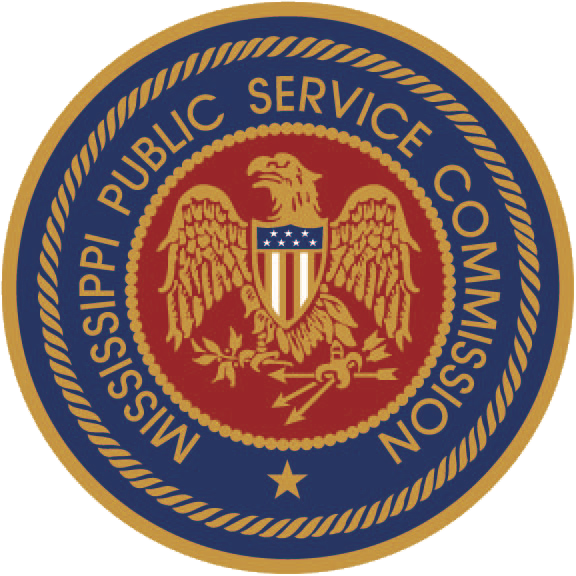Hurricanes and Major Storms
Officially, hurricane season starts on June 1 and runs through November 30. Because you may lose service to your major utilities in the event of a hurricane or major storm, we recommend reviewing the list below and take the necessary steps to prepare for such an event.
- Electric power may be off, so have a supply of extra food, especially things that can be eaten without cooking, and a hand-operated can opener.
- Check flashlights and radios. Make sure you have batteries.
- Check trees and shrubbery, and remove limbs that could damage your house or utility lines.
- Turn your air conditioning down to cool down your house. If you keep the doors and windows closed after the storm you can keep your house relatively cool for about 48 hours after the storm.
- Charge up your cell phone before the storm — and anything else that needs to be charged up.
- Keep freezer doors closed and sealed. Well-filled freezers keep most foods frozen two to three days if the door is kept closed.
- Be prepared to disconnect or shut off any appliances that will turn on automatically when power is restored, including electric space heaters and stoves, washers, dryers, TV's, microwave ovens, computers, refrigerators and freezers. If not, when power is restored, several appliances may come back on at the same time and overload your circuits, or hot appliances may come on while you're away or asleep, posing a fire hazard.
- Leave a porch light switched on so that utility crews will be able to determine immediately the success of specific repairs.
- Thoroughly clean the bathtub, jugs, bottles and cooking utensils, and fill containers with drinking water. Allow a minimum of 3 gallons of water for each person.
- Get enough cash supply to use in case ATM machines are not operational due to power outages.
- Red Cross
- Ultimate guide to Hurricane Prep for Homeowners
For other items recommended tips and helpful practices to prepare for major storms, we recommend you visit the National Hurricane Center's website.
Ice Storms and Winter Weather
Ice storms are one of the most dangerous weather conditions in the world and they are capable of causing massive damages, injuries, and fatalities. During extreme winter weather and ice storms, the weight of the ice can cause power lines to fall and loss of power to Mississippi's citizens. These storms can also affect your gas and water utility service. Here are some ways to prepare for such conditions.
- In an ice storm, power may be cut off for several days. Have a charged cell phone ready so you can contact emergency officials.
- Have bottled water on hand.
- Have battery-powered lamps or lanterns, as well as flashlights and extra batteries.
- Generator safety is critical for your family's safety and the utility company's linemen. Having a proper transfer switch installed in the electrical panel can prevent back-feed power down the line to an unsuspecting lineman, which could cause injury or death.
- Unplug all electrical devices such as televisions, microwaves, and computers. If the power does go out, unplug all remaining electrical devices and turn off the main breaker.
- Since your water supply could be disrupted in the event of an ice storm keep several gallons of drinking water in the home. If a severe ice storm is forecasted, fill up your bathtub for toilet flushing water.
- Insulate pipes with insulation or newspapers and plastic, and allow faucets to drip a little during cold weather to avoid freezing.
- Learn how to shut off water valves (in case a pipe bursts).
The Center for Disease Control has a number of other tips to prepare for extreme winter weather conditions.
Earthquakes
In a report filed in November 2008, The U.S. Federal Emergency Management Agency warned that a serious earthquake in the New Madrid Seismic Zone could result in "the highest economic losses due to a natural disaster in the United States," further predicting "widespread and catastrophic" damage across Alabama, Arkansas, Illinois, Indiana, Kentucky, Mississippi, Missouri and particularly Tennessee, where a 7.7 magnitude quake or greater would cause damage to tens of thousands of structures affecting water distribution, transportation systems, and other vital infrastructure. In the event of such a natural disaster hitting the northern part of the state, Mississippians are advised to review the few preparedness tips below.
- Learn how to shut off gas, water, and electricity in case the lines are damaged.
- Secure your water heater and major appliances.
- If driving, pull over to the side of the road and stop. Avoid overpasses and power lines. Stay inside your car until the shaking is over.
Please refer to the MS Emergency Management Agency's website for further tips about earthquakes.
Flooding
Here are suggested tips to prepare if you live in a flood zone or if you are threatened by potential flooding.
- Be prepared to turn off electrical power when there is standing water, fallen power lines, or before your evacuation. Turn off gas and water supplies before you evacuate.
- Have a licensed electrician raise electric components (switches, sockets, circuit breakers and wiring) at least 12" above your home's projected flood elevation.
- For drains, toilets, and other sewer connections, install backflow valves or plugs to prevent floodwaters from entering.
- Turn off all utilities at the main power switch and close the main gas valve if evacuation appears necessary.
For more flood readiness information, please visit the Center for Disease Control's website.
